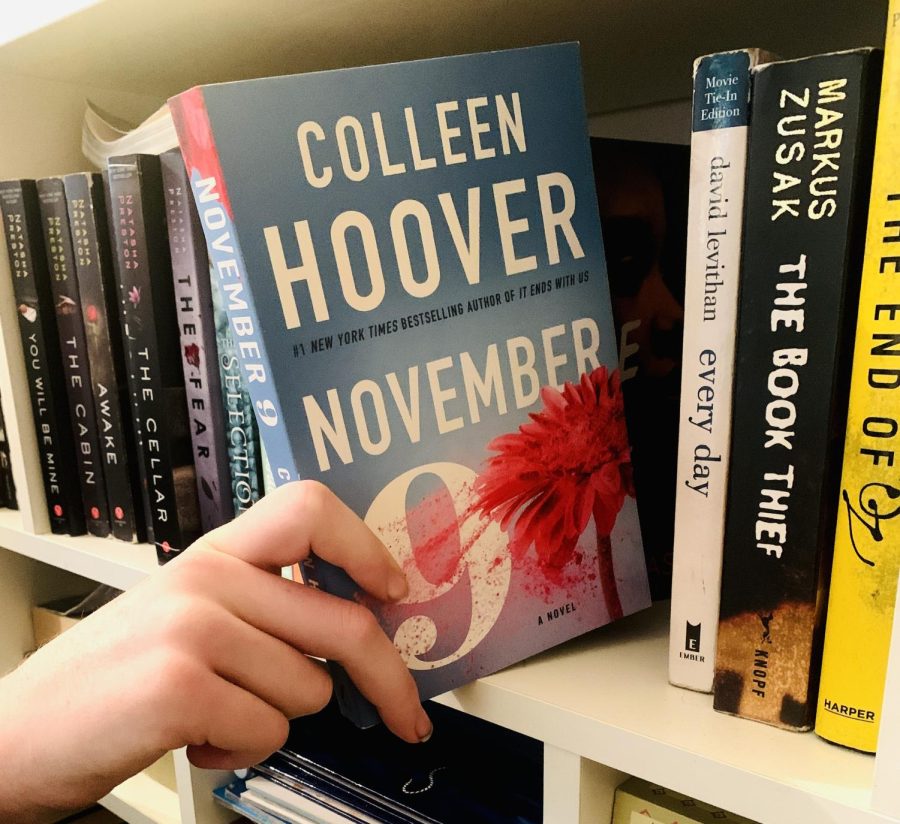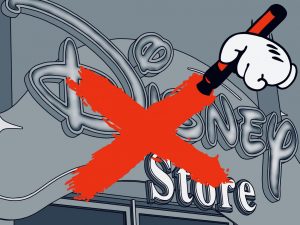The negatives and positives of “BookTok,” according to Foothill Tech students
“BookTok,” a subculture on social media, is captivating people across the globe to read. Although extremely popular, it has been controversial to whether or not “BookTok” is a credible source for book recommendations.
December 10, 2022
“BookTok,” a TikTok subculture that promotes reading, is the latest trend looming over the entirety of social media for Generation Z and young Millennials. Through short descriptions with a captivating background, spicy quotes or simply the visual aesthetic of the novel, it is the content creators’ job to captivate their audience to read a specific book.
This subculture centers around romance and fantasy novels and has currently received 9.28 billion views on TikTok with the tag “#BookTok.” With the gigantic amount of posts promoting books, some authors and their novels have acquired huge fanbases with millions of copies being sold. Jaden Abara ‘25 admires the help that TikTok provides for people who are trying to launch their writing career, “I think [the subculture] is good because it promotes some authors who probably wouldn’t have got spotlight otherwise from TikTok.”
Amongst the most popular is author Colleen Hoover of bestselling novels “Verity” and “It Ends with Us,” whose books have sold over 8.6 million paper copies this year. Some of the other novels that have blown up on “BookTok” include “Shatter Me” by Tahereh Mafi, “One of Us is Lying” by Karen McManus, “The Spanish Love Deception” by Elena Armas, “The Love Hypothesis” by Ali Hazelwood and “The Inheritance Games” by Jennifer Barnes. All of these novels have worked to get people excited online about various books and share recommendations in their digital community.
For many, seeing the label of “BookTok” amplifies excitement towards a bookstore purchase. Lauren Happle ‘26 described a sensation that many people feel when they see the “BookTok” label. “I think that walking into Barnes and Noble and heading up the stairs to find a book and seeing a table labeled “BookTok” is really intriguing and it shows that it is a popular book. Even if you are not on “BookTok” or do not know much about it, just seeing that it has its own table off social media is definitely an appeal and good way to find new books. It will intrigue you more to read knowing that it was big enough to get into a store based off of an app.”
The feeling of desire to read a book because of its reputation on “BookTok” is shared by many people. Abara is amongst the many who have been driven to read because of the subculture. “I don’t really read books but I read some books off of TikTok because I saw them off of ‘BookTok.’”
“It makes me feel like one of the aesthetic girlies at Barnes and Noble,” expresses Kylee Rodiguez ‘23.
Taylor Reynolds ‘24 describes the atmosphere of “BookTok” by saying it is “a bunch of people sharing their opinions on stuff. It is fun because people who like books get to share what books they like and find new books … and people who enjoy reading can find content along with the books they enjoy and can find new content that is similar to the content they have already read based off of recommendations from people.”
Although “BookTok” is seen by many as a tool for getting others to take a break from their phone and stick their nose into a book, it is also packed with criticism for various reasons. There are thousands of posts that also highlight the negatives behind “BookTok”. The search line “‘BookTok’ negative reviews” has also received an astonishing 61 billion views. Across many social media platforms, there has also been criticism placed against many of the novels for an assortment of reasons.
Gabriel Takaya ’24 definitely stands on the con end of “BookTok,” as she believes that “a lot of people are influenced just because somebody they like or think is cool is reading it. Not because they think it is actually going to be a good book; they just want to follow the trends and a lot of them will just show a picture of it. The whole point is not to judge a book by its cover, so I feel like you really can’t get an idea of a book just by looking at it or hearing one person talk about it. Especially if the only books that you read are recommendations from TikTok.”
Many people have confronted the fact that “BookTok” lacks varying genres and plots. Camille Tholl ‘24 emphasized the lack of novel diversity by stating, “[‘BookTok’ novels] are all very romance-y and I don’t read romance, so for me it’s not a great resource but for other people I can see the appeal.” She went into depth for her dislike of the overpopulated romance genre on TikTok by stating, “it’s boring, it’s all the same thing. It’s the same story in different fonts and it’s like ‘please I want something exciting.’”
Amongst those that are aware of “BookTok,” there is debate as to whether or not it is valid to read a book based on its visual aesthetic. Zoe Acker ‘26 holds the opinion that the subculture is “not the worst idea, but it really depends on how you do it. I prefer the details of the book more than the aesthetic, but it’s fine. Some people really like it and I am not one of those people.”
Colin Briant ‘26 also attests to the pros and cons of reading a book based on its aesthetic by stating, “It depends, because [content creators] could show false facts about the book, but they could also show a good part of the book and encourage people to read it.”
Adler Swierkocki ‘24 rejects the idea of reading a book based on imagery found on a post by describing, “It’s definitely misleading because there is the whole saying, ‘don’t judge a book by its cover.’ There is more to the book than the aesthetic.”
“BookTok” has convinced thousands, if not millions, of people to pick up a novel and read. Whether it is a positive or negative source of book recommendations is up to personal interpretation; it is a scale that has to be weighed thoughtfully, not by each individual or group of people.














